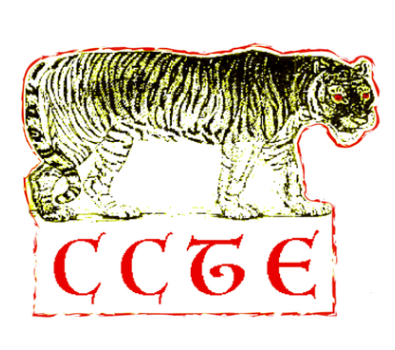Night Watch
This exercise was developed for a workshop in Chicago, October of 2024. The event was co-organized by CCTE and Black Alliance for Peace (BAP) to support the growing tide of popular support for anti-imperial leadership in West Africa, specifically Burkina Faso.
The exercise was one of a collection of activities that were set up at various tables throughout the room. The participants were able to run the activities largely at their own pace. This particular exercise was self-facilitated.
Note on terms
The people of Burkina Faso who participate in the all-night watches in defence of the revolution call each other Wayiyan, a Moore word meaning ‘come out’. These nightly vigils have been called La veille citoyenne in french and The Night Watch in english. The advantage of the french is that it carries the meaning that the watching is being done by the citizens. We used both terms interchangeably after introducing them.
Problems (ie. Why the exercise was done):
Problem 1: The Night Watch is an important mass organisation in Burkina Faso that has emerged to protect the progressive and popular revolution. However their activity (truly mass organisation) and the conditions (defending a state moving in an anti-imperialist, pan-african and progressive direction) are so far removed from the organising or life experiences of the vast majority of people in the Global North. In situations like these we often find that talking about these things remains at the vague level of encouraging people to have a favourable outlook on this type of thing - land occupations by the Landless Workers Movement (MST) is another example. We don’t think that this is sufficient if our goal is to:
1: Problematise the reality participants are in, to get them to think about what is missing - especially at a human, moral, ethical level - in their current communities and organsiations;
2: Explore and develop a consciousness of the interconnectedness of anti-imperialist struggles. If we agree with Ali Kadri’s formulation that The struggle for Palestine is the struggle of the International Proletariat then we should also be willing to consider what are the elements of the struggle in Burkina - material and moral - that matter to the analysis that we are developing of how to change the local situations that we are in.
Problem 2: Conversations around ‘capacity’ and ‘burnout’ are popular in organizing spaces in the United States and the UK but the terms and their implications for actual organisational practice are very poorly defined and understood. The Night Watch is an enduring and disciplined organization that does not have an idealized conception of the struggle or how easy / hard it should be. One of the goals of this exercise is to help the participants’ develop their understanding of individual capacity and how and when these feelings might be challenged.
Techniques Deployed:
Exercise Fair
Writing Instead of Talking
Modes Deployed
Imagination
Emulation
Materials Used:
Plain paper cut into the shape of mobile phones
Scissors
Pens
A device to show the video on - laptop, phone
Participant Numbers:
The exercise was self-facilitated by participants as they moved through the tables. Some did it in pairs, but most participants ran through the activity alone. We would suggest that the exercise is always done in the context of a collective learning environment, despite the fact that, technically, it can be run by only one person.
How long does it take?
The exercise should take no longer than 15 - 20 minutes.
Instructions:
The following instructions should be printed and taped to the surface of a table. Place a laptop next to the instructions with the following video playing out loud on a loop.
Speaking in the video is Prudence Iticka, a Cameroonian pan-Africanist and member of United African Diaspora and The Coalition for the Elimination of Imperialism in Africa (@abasimperialsm on IG) [October 2024]
~ Instructions ~
Some examples: Hi Ma! How are you. U know we talked earlier but I just wanted to tell you about this event[...]. One cool thing that we learned was about the night watch in the Sahel region. They’re everyday people like you and all who take on the call of Wayian - they come out to protect the struggle, the revolution. Just like you’ve always tried to protect us (me and my siblings). Hello my friend, you know I wouldn’t ask something like this of you unless it was very important. Tenants in a building we’ve been working with are looking to defend their neighbour from an illegal eviction. I wanted to ask if you would join all of us tonight in strategising our plan together and building blocades. You will be a huge help. Criticism / Results of this exercise: Because this is an exercise that is self -facilitated there is a problem as facilitators of knowing how it is going. It also creates a situation where participants may become disconnected from what others are doing. In the context of where we ran it we could have made more of a point asking new participants in the exercise to read the responses of those who had carried it out previously. Another way that this could be achieved is by adapting the summary of the exercise to better reflect the end question being posed. |
